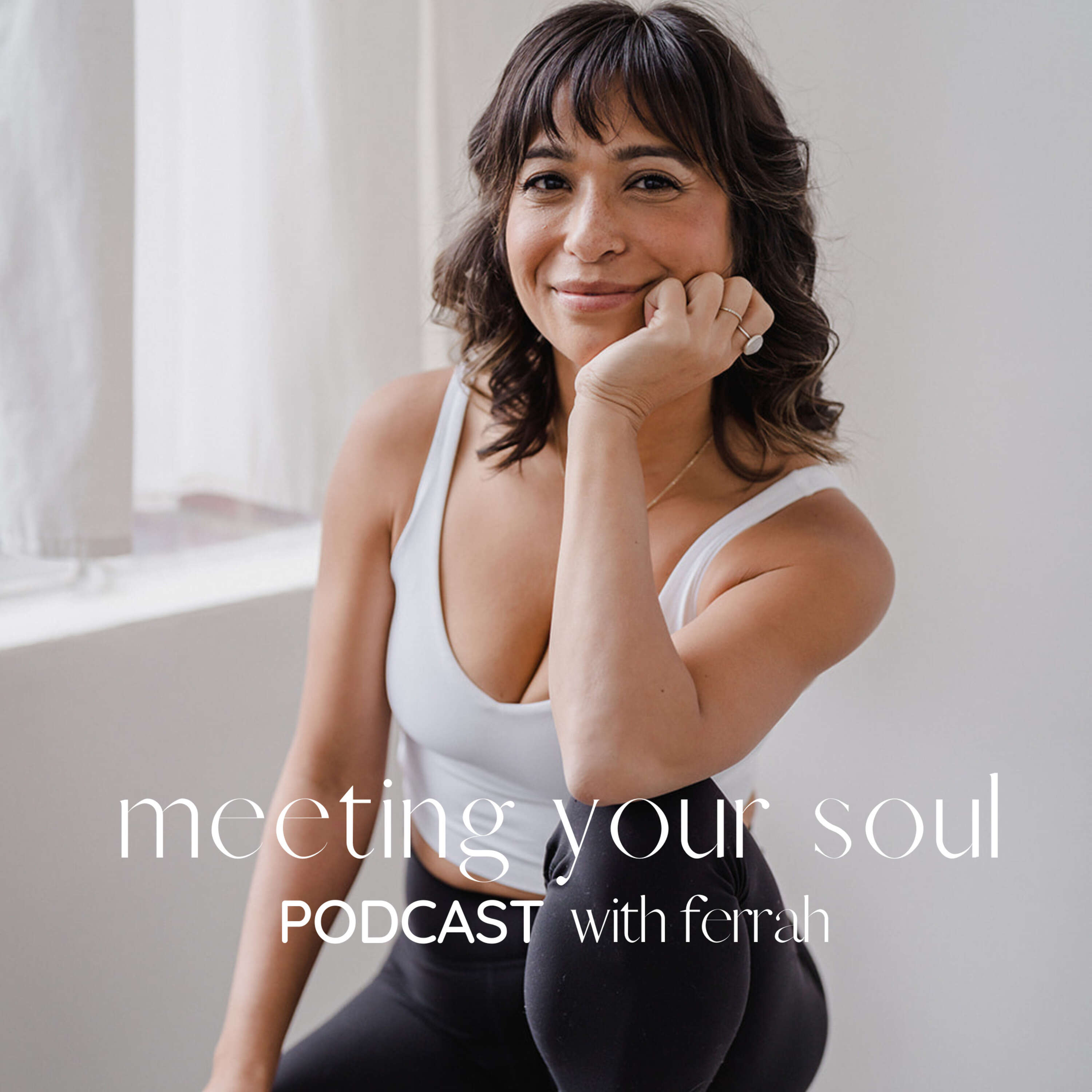28: Move it, Shake it, Roll it out -- Somatic Healing Rituals
One of the most potent benefits of somatic experiencing is its ability to change one’s perception of the present. Somatic healing uses mind-body techniques to help release stress and tension that has been stored in the body. Integrating these techniques someone can find relief through mindfulness and intentional movement. Listen in for some examples of different practices you can easily incorporate into your daily practices to remedy some common symptoms of stress. Somatic Therapy has been found to: Increase body awareness Develop tools for strengthening trust in yourself Transmute trauma Release Tension "Somatic therapies posit that our body holds and expresses experiences and emotions, and traumatic events or unresolved emotional issues can become 'trapped' inside." -- Amanda Baker, director of the Center for Anxiety and Traumatic Stress Disorders and a clinical psychologist in the department of psychiatry at Massachusetts General Hospital

